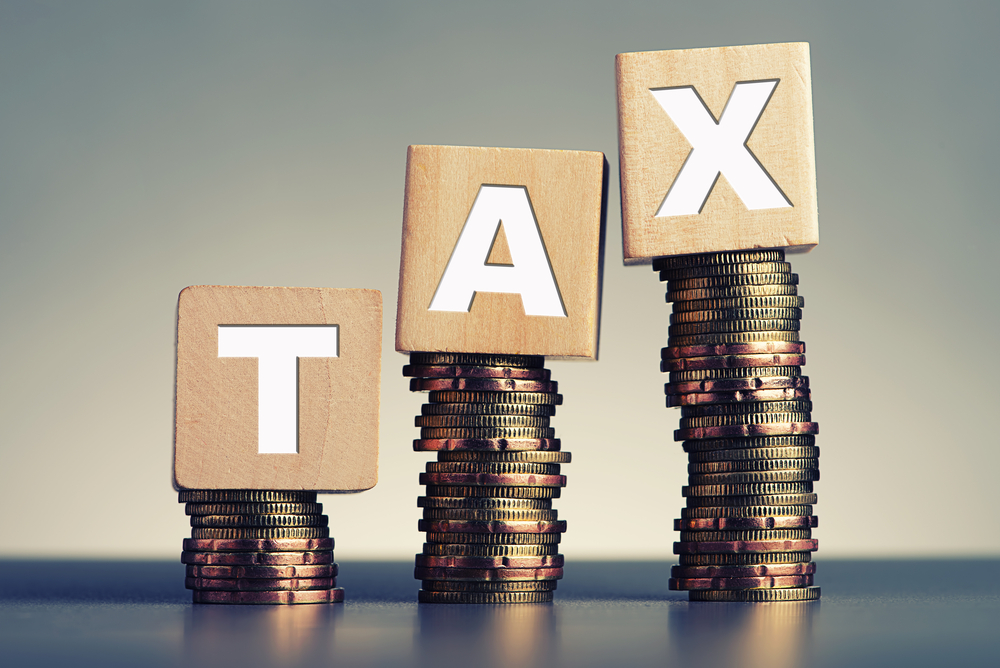In July, chancellor Rishi Sunak asked the Office of Tax Simplification (OTS) to carry out a review CGT with suggestions that the government was looking to claw back some of the multi-billion pound funding given to workers and businesses amid the coronavirus pandemic.
The OTS has now published the first of two reports, with the latest covering the policy design and principles underpinning the tax. The second – scheduled for early next year – will explore technical and administrative issues.
It acknowledged the report had been produced in a shorter than usual timeframe and that further, more detailed work and recommendations were required.
However, it looked at the possibility of aligning CGT rates with income tax rates, scrapping CGT uplift on death and lowering the annual exempt amount. Overall, it is looking at ways to simplify the tax which impacts mainly older, wealthier households.
‘Tax on those with the broadest shoulders’
Rachael Griffin, tax and financial planning expert at Quilter said the appeal of changing CGT was clear as only a relatively small number of people pay it – around 1.5 million over a decade, far lower than those paying income tax and national insurance.
Griffin said: “It means the tax can be reformed in order to squeeze asset owners, shareholders and landlords without impacting the majority of people.
“It is also a tax that is almost exclusively paid by older, wealthier households. According to the OTS, 97 per cent of CGT tax revenue is paid by over 35s, with most people caught by the tax in their 50s and 60s.
“It means that raising additional revenues can be positioned as a tax on those with the broadest shoulders.”
Griffin noted that of the package of reforms, some of were tweaks around the edges that would be relatively quick wins and some would cause a bit of a stir.
“The prospect of bringing CGT in line with income tax has been touted for some time and so that is relatively unsurprising, although it would lead to a significant rise in tax paid by those subject to CGT,” she said.
“And simplification is again at the heart of the OTS’ report, which suggests there be two rates rather than four.”
Remove uplift on death
She added the proposal to scrap the CGT uplift on death would have far reaching consequences: “CGT uplift means that CGT is overlooked when an individual dies and they hold taxable assets that have gone up in value.
“This is because when the assets are transferred to someone else, normally a spouse or family member, they are ‘re-set’ for CGT purposes. Instead, the assets may be subject to Inheritance Tax.
“The OTS recognises this means people are often holding onto assets until they die for the tax benefits. Removing or limiting this relief could be seen as a way to encourage wealth transfers to happen earlier, as well as raising significant funds.”
In lowering the annual exempt amount to around £5,000 (currently £12,300), the number of people paying CGT could double each year, the OTS estimated.
Griffin added: “In general the message is clear from the government and the OTS. Use your allowances now or lose them.
“Changes are on the horizon and while it is not suitable for everyone to change their financial plans because of mere policy speculation, it is worth your while to review in light of what will inevitably be a more harsh tax environment. Financial advice is critical for anyone wrestling with all the different rules and considering changes.”
Helen Jones, partner in private client tax services at BDO, said: “We agree that higher rates of capital gains tax could distort behaviour as people choose to retain assets rather than trigger a tax charge.
“In order to enable the economy to thrive, it is essential that CGT rates remain lower than income tax rates so we incentivise individuals and businesses to keep investing into the UK.
“Simplifying CGT rates is certainly a good start, but we remain far away from a simplified tax system suitable for the globalised 21st century”.


















